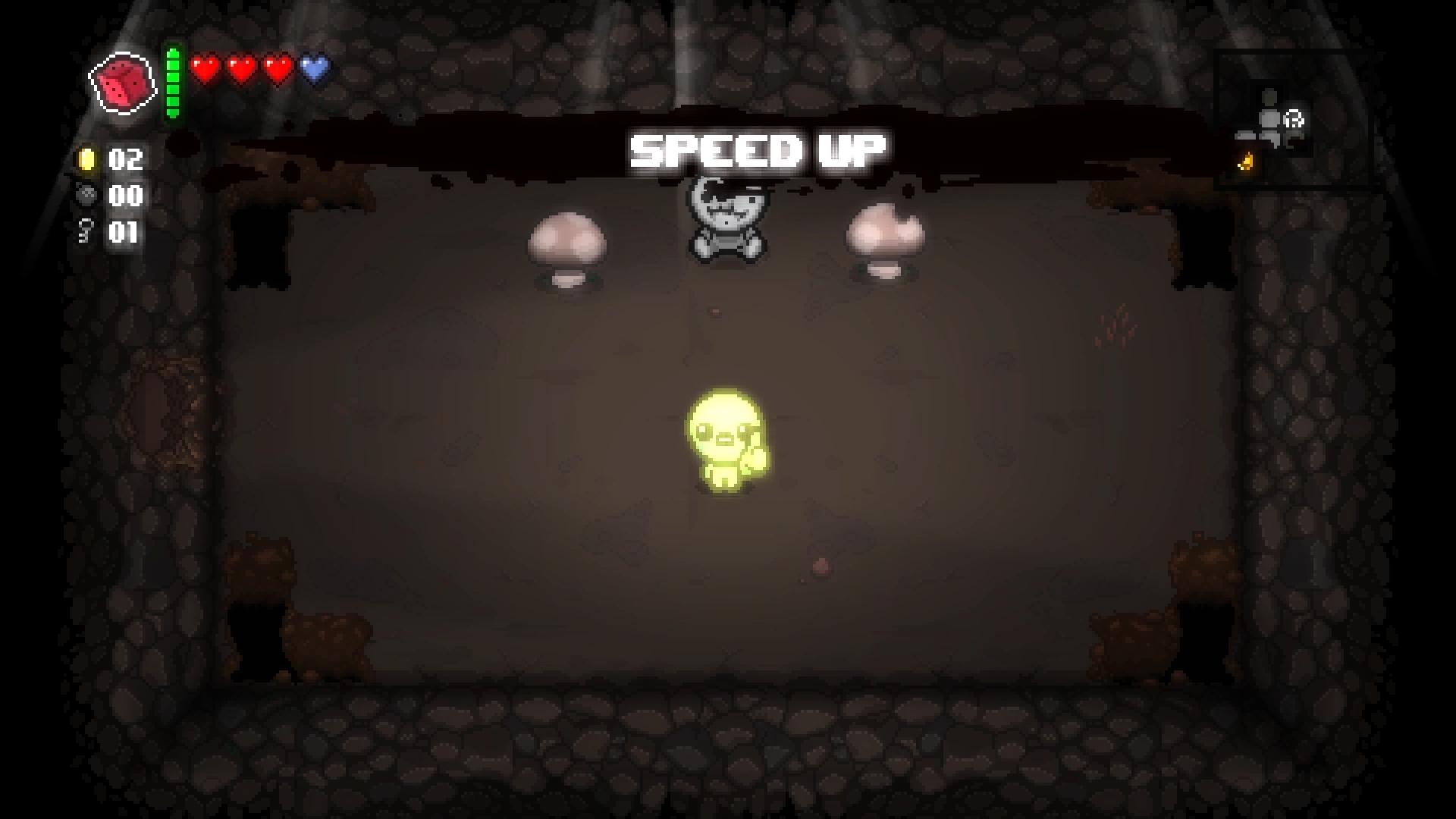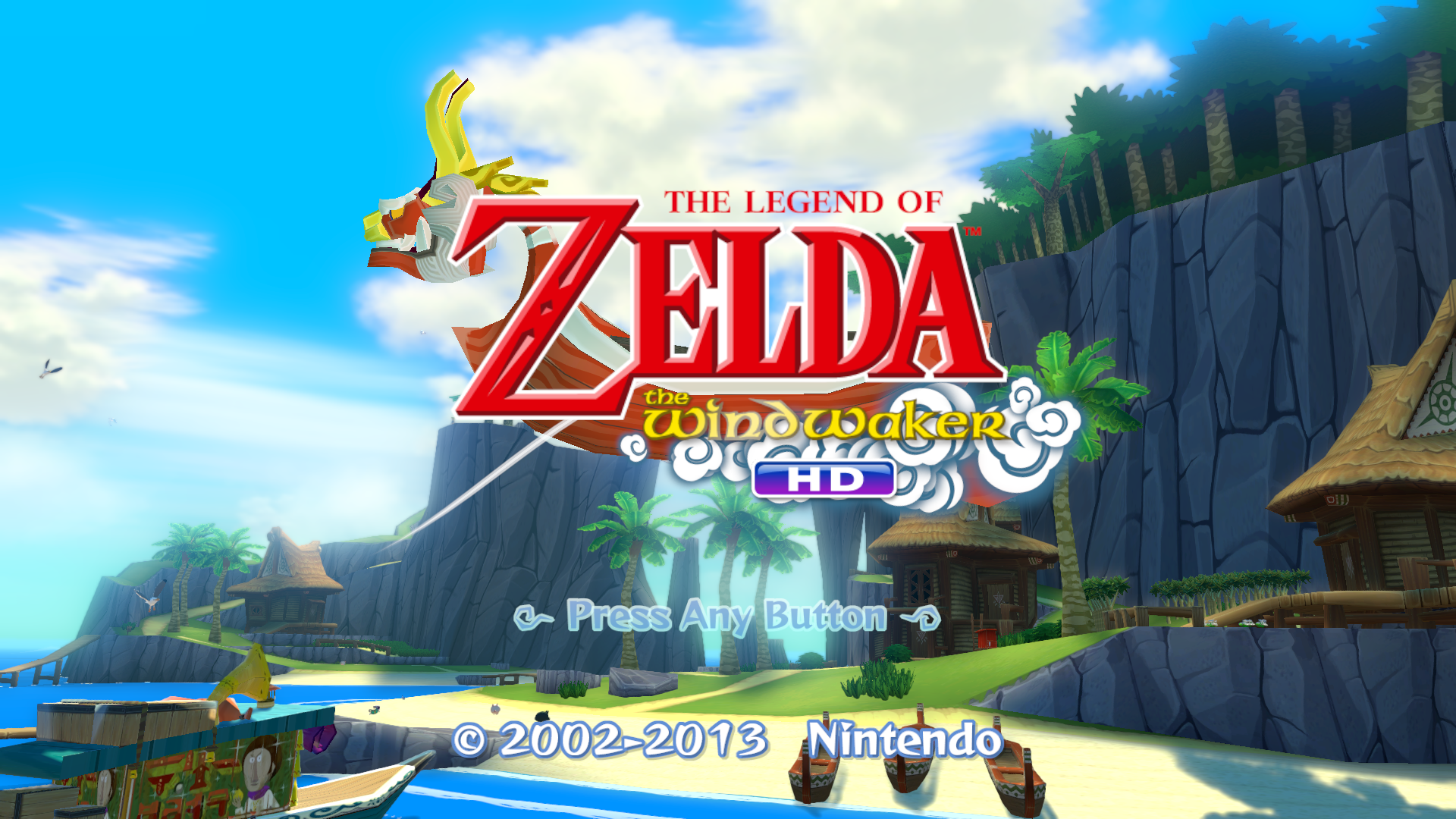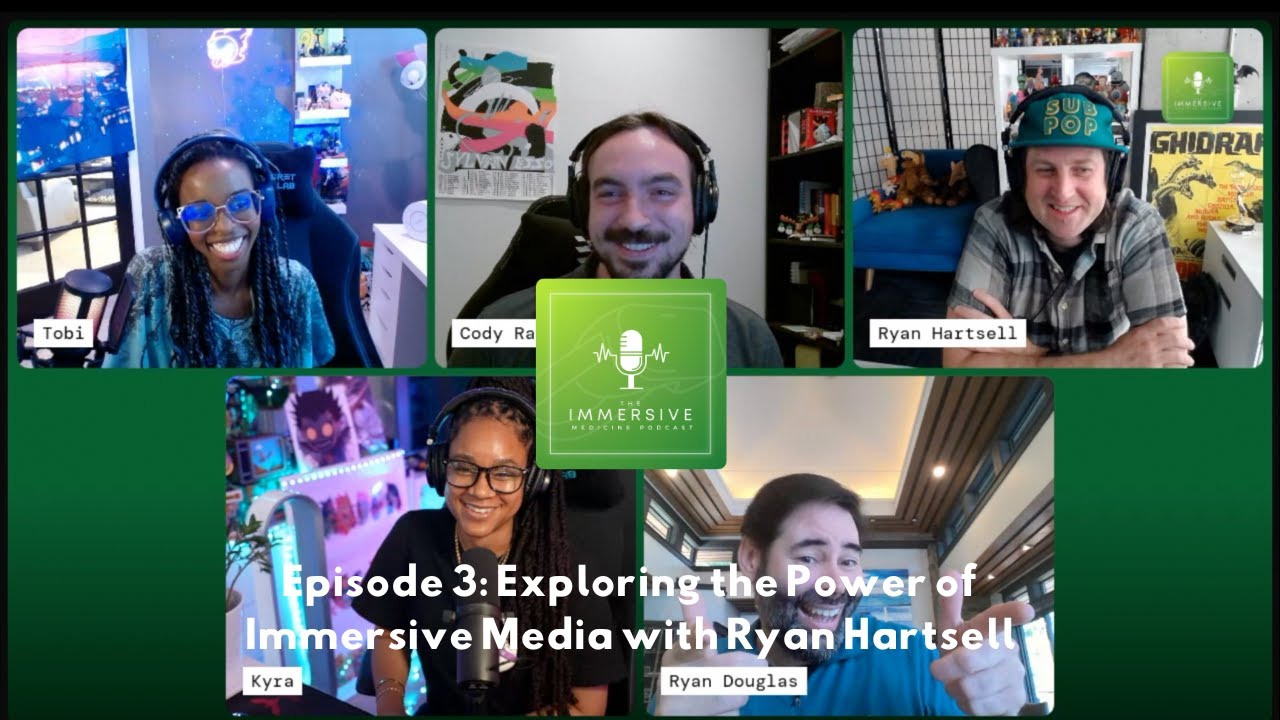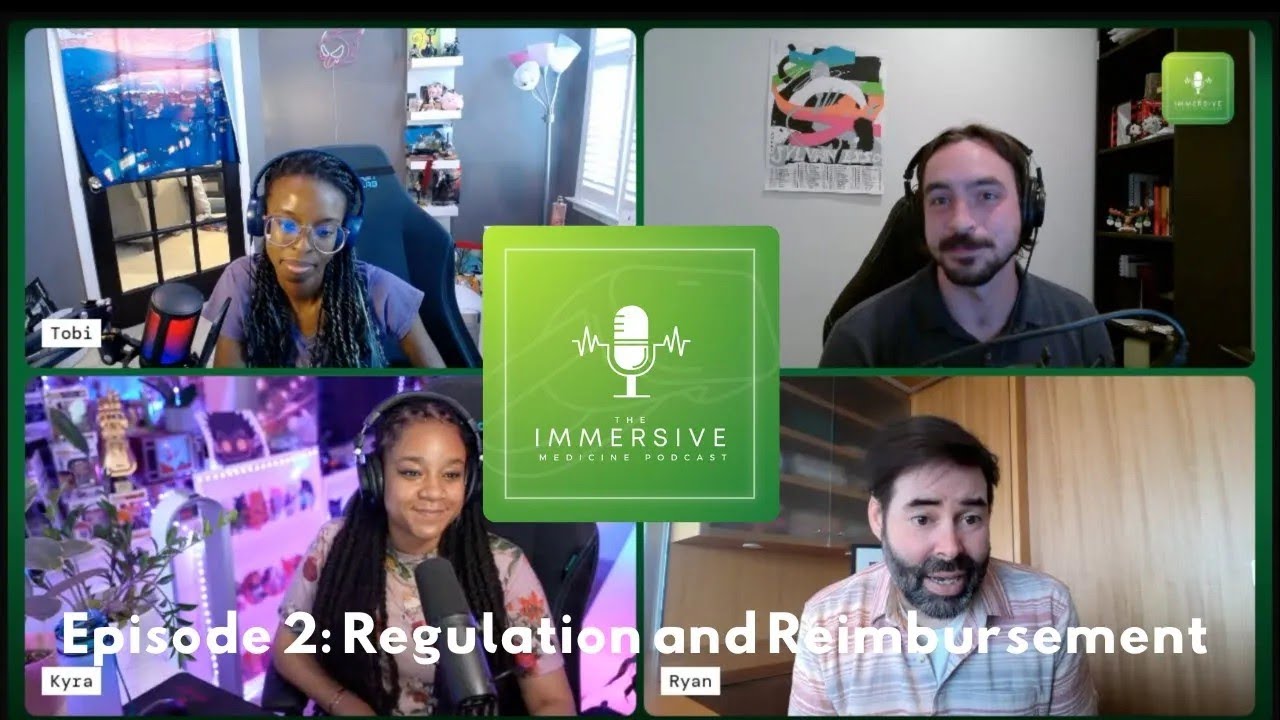Introduction
Starting something new can feel like stepping into the unknown. Whether it’s beginning therapy, learning a new skill, or diving into a challenging video game genre, the initial experience can be daunting and overwhelming. I remember the first time I played a rogue-like game—uncertain of the mechanics, unprepared for the difficulty, and repeatedly facing failure. Yet, with each attempt, I noticed incremental improvements. Small victories accumulated, leading to mastery and confidence that I hadn’t anticipated at the outset.
This journey mirrors the therapeutic process and the path to acquiring new skills. In this article, I want to explore the parallels between rogue-like games and personal growth, highlighting how embracing challenges and learning from failures can lead to profound development.
—
The Daunting Start
Overwhelming Beginnings in Games

Rogue-like games are known for their complexity and steep learning curves. Games like “Hades,” “Loop Hero,” “Peglin,” and “The Binding of Isaac” drop players into unpredictable environments with minimal guidance. The procedural generation ensures that no two runs are the same, and the threat of permadeath means that mistakes can be costly. This can make the initial experience feel intimidating, leaving players unsure of how to progress.
Parallels in Therapy and Learning
Starting therapy or learning a new skill often evokes similar feelings. The process can seem overwhelming, filled with unfamiliar concepts and techniques. There’s the fear of the unknown, concern about potential failures, and uncertainty about where to begin. It takes courage to take that first step, acknowledging that the path ahead may be challenging but also rewarding.
—
Embracing Failure as a Learning Tool
Failure in Rogue-like Games
In rogue-like games, failure isn’t just a possibility—it’s an expectation. Dying and restarting are integral parts of the gameplay loop. Each failed run isn’t a setback but an opportunity to learn more about the game’s mechanics, enemy patterns, and effective strategies. Over time, these lessons accumulate, and what once seemed insurmountable becomes manageable.

The Therapeutic Process and Skill Acquisition
Similarly, setbacks in therapy or while learning a new skill are inevitable. Mistakes and challenges are part of the journey toward growth. Embracing these moments as learning opportunities rather than viewing them as failures can shift our perspective. This concept of “failing forward” allows us to use each stumble as a stepping stone, fostering resilience and persistence.
—
Small Victories and Incremental Progress

Progression in Games
One of the most satisfying aspects of rogue-like games is the sense of progression. Even when a run ends in defeat, players often earn upgrades, unlock new abilities, or gain access to new weapons or mechanics that make future attempts more manageable. These small victories provide a tangible sense of improvement and motivate players to keep pushing forward.
Building Confidence in Real Life
In therapy and skill development, celebrating small successes is crucial. Each achieved goal, no matter how minor it may seem, builds confidence and reinforces the belief that progress is possible. Recognizing and acknowledging these victories can fuel motivation and encourage continued effort toward larger objectives.
—
Mastery Through Repetition and Practice
Repetition in Gaming
Repetition is at the heart of mastering rogue-like games. Each run provides an opportunity to apply what was learned previously, refine techniques, and develop muscle memory. Over time, players react more quickly, anticipate challenges, and devise effective strategies. As new mechanics are introduced, the player is able to focus their attention on learning them rather than worrying about the baseline gameplay.

Learning and Neuroplasticity
This mirrors the principles of neuroplasticity—the brain’s ability to reorganize itself by forming new neural connections throughout life. Repetition and practice strengthen these connections, leading to improved skills and behaviors. Whether it’s practicing a musical instrument, learning a new language, or adopting healthier coping mechanisms in therapy, consistent effort leads to mastery.
—
Overcoming Increasing Challenges
Scaling Difficulty in Games
As players progress in rogue-like games, the challenges often become more complex. New obstacles, tougher enemies, and intricate levels require players to adapt and continually refine their strategies. Overcoming these heightened challenges brings a profound sense of accomplishment and raises their mastery of the game.
Growth in Therapy and Skills
In personal development, as we advance, we often face more complex challenges. Early successes lead to new goals and higher expectations. Confronting and overcoming these difficulties fosters growth, resilience, and self-efficacy. It reinforces the understanding that we are capable of handling more than we initially believed.
—
The Importance of Mindset

Player Attitude in Games
Success in rogue-like games isn’t just about skill; it’s also about mindset. Players who view each failure as a learning opportunity tend to progress further. Adopting a growth mindset—believing that abilities can be developed through dedication and hard work—transforms the gaming experience from frustrating to fulfilling.
Applying Mindset to Personal Growth
In therapy and learning, our mindset profoundly impacts our outcomes. Embracing challenges, persisting in the face of setbacks, and seeing effort as a path to mastery are all components of a growth mindset. Cultivating this attitude can enhance resilience, reduce anxiety about failure, and promote a more fulfilling journey toward personal goals.
—
Conclusion
The journey through a rogue-like game is much like the path of personal growth—filled with challenges, setbacks, learning opportunities, and triumphs. Both require perseverance, adaptability, and a willingness to learn from failures. By embracing the process, celebrating small victories, and maintaining a growth mindset, we can achieve levels of mastery and confidence we might not have thought possible at the start.
Whether you’re navigating the depths of a dungeon or the complexities of personal development, remember that each step forward, no matter how small, is progress. Embrace the grind, learn from each attempt, and keep pushing your limits.

—
Call to Action
I invite you to reflect on your own experiences with challenges—be they in gaming, personal growth, or skill development. How have you navigated setbacks, and what strategies have helped you progress? Share your stories and insights in the comments below. Let’s inspire each other to keep leveling up in all aspects of life.
—
#PersonalGrowth #RogueLikeGames #TherapeuticProcess #LearningJourney #TherapyDesign







